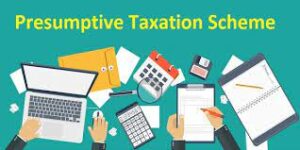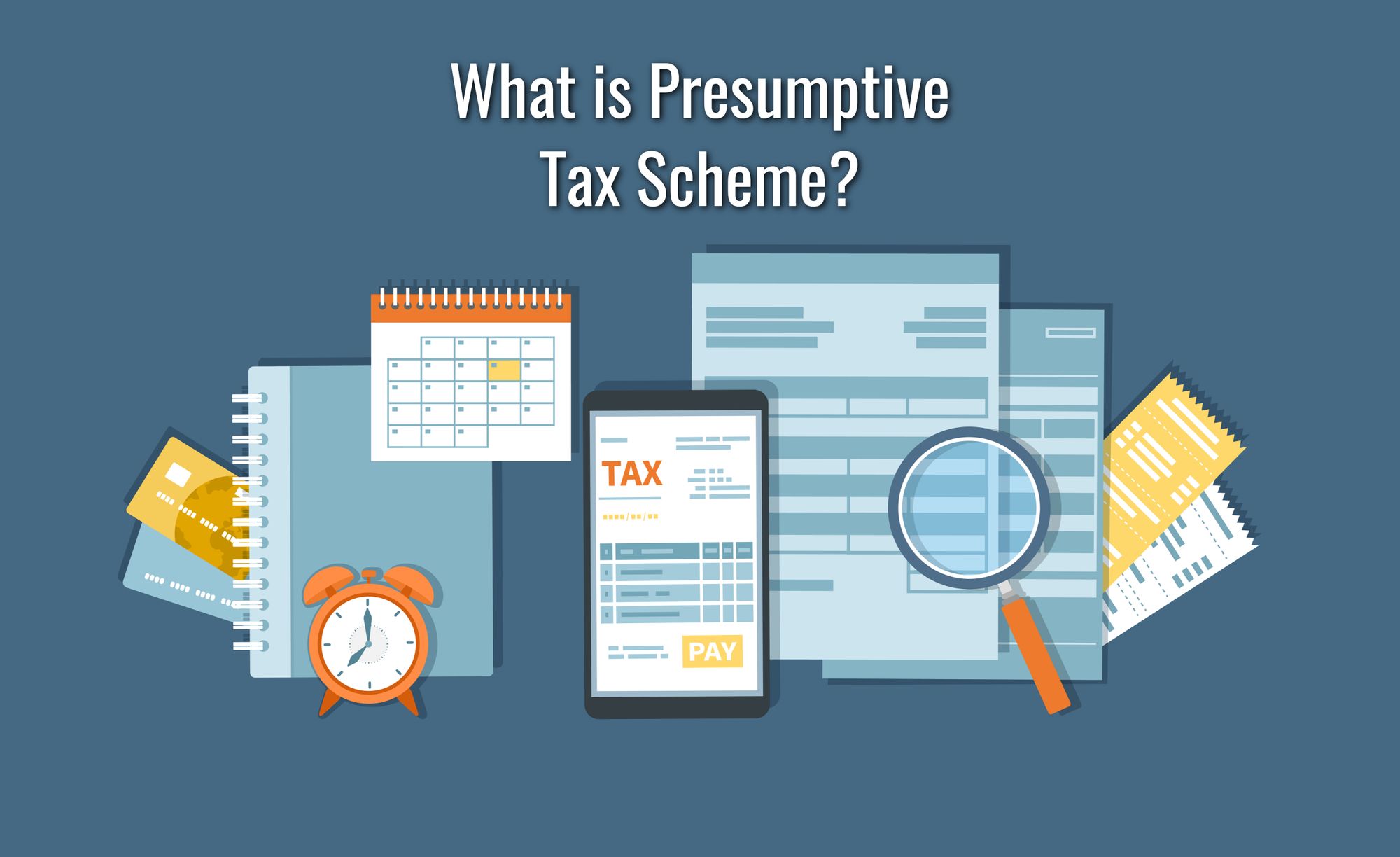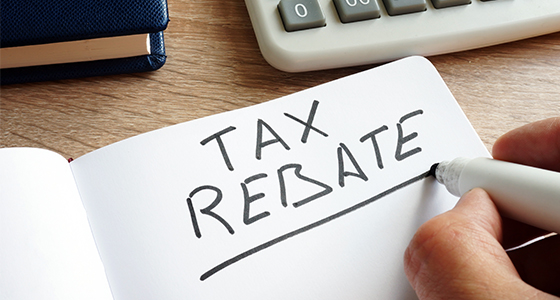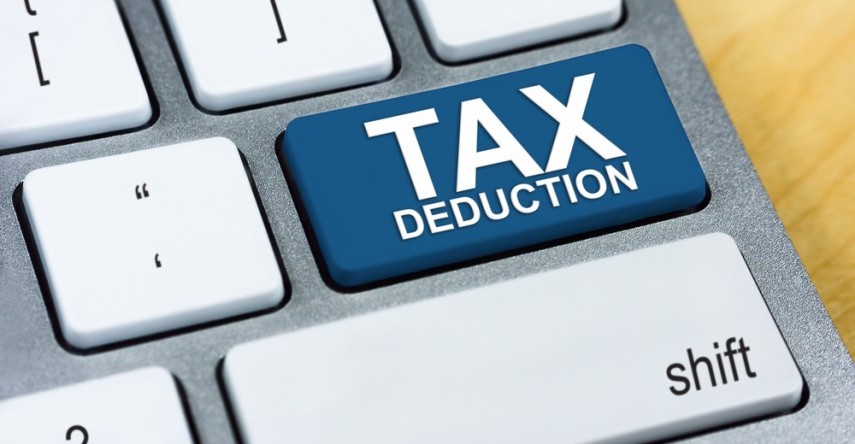Section 44AD of the income tax act is about a presumptive taxation scheme. As per the income tax act, a person carrying out a business or profession needs to maintain audited books of accounts. To relieve the small businessman from the tedious work of maintaining and auditing books of accounts, the government framed a presumptive taxation scheme under section 44AD.
If a resident carries out professions in India- legal, architecture, medical, engineering, accountancy, and CBDT notified professions. He is eligible to avail of the presumptive benefits if the turnover or gross receipts do not exceed ₹50,00,000.
Moreover, the income tax department has relaxed the criteria for individuals and HUF for maintaining books of account. The basic criteria is to have total sales, turnover, or gross receipts less than ₹2,00,00,000 (earlier one crore)
Further, not maintaining books of accounts carries a penalty of ₹25,000.
Tax audit means inspecting the books of account from the income tax department’s view. On the other hand, filling out returns means a form that a person needs to submit to the income tax department. It contains details about a person’s income and taxes paid.
Any business having gross receipts more than ₹1,00,00,000 is liable for auditing. Taxpayers need to audit their books plus file ITR on 30th September of the assessment year. The people who do not file tax audits need to file ITR till 31st July of the assessment year.
Section 44AD of the income tax act: Presumptive Taxation
As mentioned earlier, section 44AD of the income tax act covers presumptive taxation.
The features of section 44AD of the income tax act are:
- Firstly, the business turnover is less than two crores,
- Secondly, income on a presumptive basis is calculated at 8% of the gross turnover in a financial year. Further, to promote digital payments, the rate is 6% if one receives gross receipts via electronic mode- account payee cheque, bank draft, etc.
- Thirdly, resident individuals, HUF, and partnerships (except LLPs) can opt for the presumptive scheme under section 44AD of the income tax act.
- Further, it relieves taxpayers from carrying out businesses except for plying, hiring, leasing, agency business, and commission and brokerage business.
- Also, an assessee need not maintain and audit books of accounts.
- Then, an assessee also needs to pay 100% advance tax before 15th March of that final year for opting presumptive taxation scheme.
- Lastly, a person opting for a presumptive taxation scheme should file returns in ITR-4, which is shorter than ITR-3.

Computation of presumptive income under section 44AD of the income tax act
For instance, the turnover of a business is one crore in a financial year. The business received 60 lakhs from digital transactions and 40 lakhs as cash payments. Therefore, income from digital transactions = 6%*60,00,000 which is ₹3,60,000 and income from non-digital transactions= 8%*40,00,000 which is ₹3,20,000. Therefore, the total taxable income from business and profession is ₹6,80,000 (3,60,000+3,20,000).
However, a person may voluntarily disclose income of more than 8% or 6%.
Exemptions under section 44AD of the income tax act
When a person opts for presumptive income, he cannot receive the disallowed and allowed expenses provisions as per the income tax act. Hence, the income computed as the presumptive rate is the final taxable income.
Further, if a person declares an income lower than the presumptive rate of 6% and 8% without opting for the presumptive taxation scheme in the five years, he cannot avail of the presumptive benefits. Moreover, if the income exceeds the basic exemption (amount not chargeable), he must maintain books of accounts, as per section 44AA and audit books as per section 44AB. The basic exemption limit per income tax is 2.5 lakhs.
For instance, Mr A runs a sole proprietorship firm. The turnover is 1.7 crores for the FY 2020-21. During the year, he declares taxable profits as per the presumptive scheme under section 44AD of the income tax act. The presumptive rate is 8%. In FY 2021-22, the turnover is 1.9 crores, but he declares taxable income at a rate less than 8%. He computes income tax as per regular provisions and claims all the allowed and disallowed expenses. Since he opted for regular provision of reporting income, he cannot avail of the presumptive scheme benefits for the subsequent five years. Moreover, if the taxable income exceeds the basic exemption limit in the five years, he is liable to maintain and audit books of accounts.

New Conditions under section 44AD (4)
Once a person avails of the benefits of the presumptive tax under section 44AD of the income tax act, he must continue to declare the income as per the presumptive scheme for the next five years or else he will lose the benefits of the scheme.
Hence, if a person decides to file income in ITR-3 (as a regular business) before the five years, he will lose the presumptive benefits, as per section 44AD (4). Moreover, the person cannot avail of the presumptive scheme benefits for the next five years.
However, the restriction is applicable only if a person declares taxable income less than 8% or 6% of the turnover. If he cannot avail of the presumptive benefits due to other reasons, the above restrictions do not apply.
For instance, Mr X’s business turnover for FY 2019-20 is 80 lakhs. He declares taxable income of ₹6,40,000 (8%*80,00,000) under section 44AD of the income tax act. The turnover for FY 2020-21 is 2.5 crores, and FY 2021-22 is 1.5 crores. Is it possible for Mr X to avail the presumptive benefits for FY 2021-22?
Section 44AD (4) applies when a person declares taxable income below 6% or 8% under section 44AD. However, section 44AD (4) does not apply in the case of non-eligibility to avail of the benefits of the scheme. As per section 44AD of the income tax act, a person must have a business turnover of less than two crores. Here, in FY 2020-21, he cannot claim benefits under section 44AD of the income tax act. Hence, even if Mr X declares income as per regular provisions in FY 2020-21, he can get presumptive benefits in FY 2021-22. He must declare an income of more than 8% or 6% in FY 2020-21.




